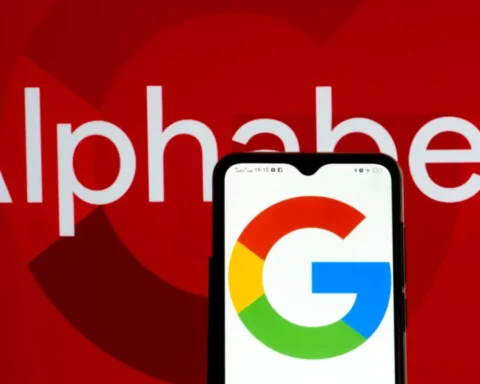Driven by falling handset prices and rise in smartphone penetration, data subscribers in India are likely to grow an average 25 percent every year to reach 519 million by 2018 fiscal, a report by Morgan Stanley said.
In its report on India’s telecom sector, Morgan Stanley said it believes Internet users will rise to 330 million in 2016 financial year, driven by falling handset costs, higher smartphone penetration, faster bandwidth and higher Internet content or online services.
“By FY2018, we expect data subscribers to grow at a 25 percent CAGR (compound average growth rate), from 210 million to 519 million and see a 35 percent CAGR in data usage to750 MB per subscriber, near the Asian average,” the report said.
The report said over the last two years, smartphone prices in the country have come down from USD 200 to USD 50.
As per telecom regulator Trai’s data, total Internet subscribers in the country at the end of September 2013 stood at 210 million.
Of those, 188 million (90 percent users) access it on mobile devices. Of the rest, 7 million were narrowband subscribers (with speed less than 256kpbs) and 15 million were broadband subscribers (with speed of over 256kbps).
“Data is the next growth leg. We expect data contribution to more than double to 23 percent of overall revenues (as against 10 percent currently) in the next two years,” the report said.
The report said data growth will be driven by operator strategy of lower average revenue per mega byte (ARMB) for higher MB pack and operators having a strong data ecosystem, including strengthening spectrum portfolio.
“A 3G, 2GB pack in January 2013 cost Rs 750 or 38 paisa ARMB. Today a 2GB pack costs Rs 450 or 23-paisa ARMB,” the report said.
Morgan Stanley said voice and data rates are the lowest for Indian operators as compared to Asian counterparts and the difference between voice rate per minute and data rate per MB is not significant.
“Thus, the risk of data cannibalising voice is very low. Our case study on over the top (OTT) applications like WhatsApp and Skype indicates exponential rise in data volumes despite compression,” it added.








